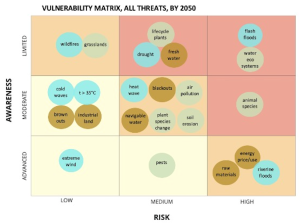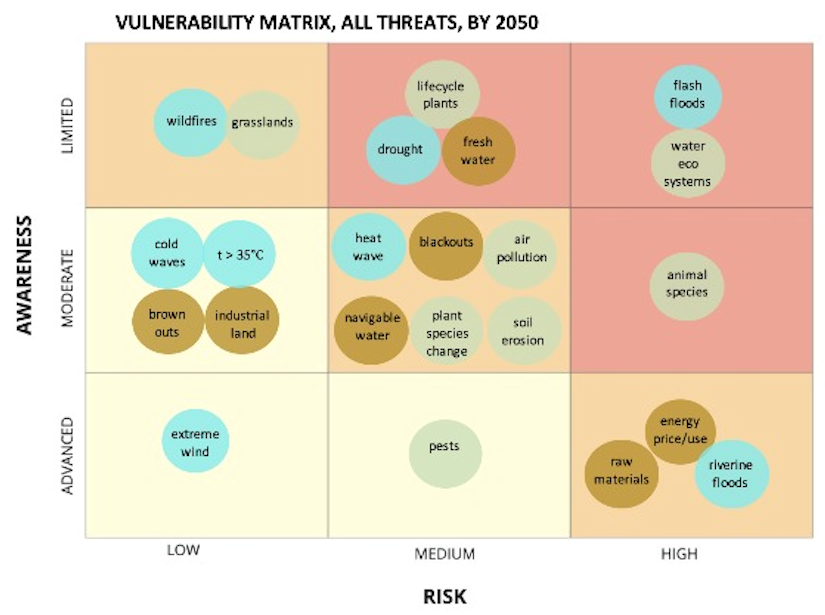The project at a glance
-
Start date:01 Nov 2022
-
Duration in months:12
-
Funding:Ministry of Economy, Luxembourg
-
Principal Investigator(s):Christian SCHULZSusanne SIEBENTRITT
Organisation and Partners
- Department of Economics and Management
- Department of Engineering
- Department of Geography and Spatial Planning
- Department of Physics and Materials Science
- Digital Financial Services and Cross-Organisational Digital Transformations Research Group (FINATRAX)
- Faculty of Humanities, Education and Social Sciences (FHSE)
- Faculty of Law, Economics and Finance (FDEF)
- Faculty of Science, Technology and Medicine (FSTM)
- Interdisciplinary Centre for Security, Reliability and Trust (SnT)
- Luxembourg Centre for Systems Biomedicine (LCSB)
- Luxembourg Strategy
Project team
- Christian SCHULZ, PI
- Susanne SIEBENTRITT, PI
- Gilbert FRIDGEN, Project member
- Joachim HANSEN, Project member
- Binyamin MANTIN, Project member
- Sergio POTENCIANO MENCI, Project member
- Emma SCHYMANSKI, Project member
- Silvia VENDITTI, Project member
- Kristin ZLATANOVA, Project member, – (external)
- Nils LÖHNDORF, Project member, – (external)
- Mohammad ANSARIN, Project member, – (external)
- Laura Palacios ARGÜELLO, Project member, – (external)
Keywords
- Risk matrix
- Hazard indicators
- Climate change
- Biodiversity loss
- Resource scarcity
- Workshops
- Interviews
- Online survey
- Sustainable development

